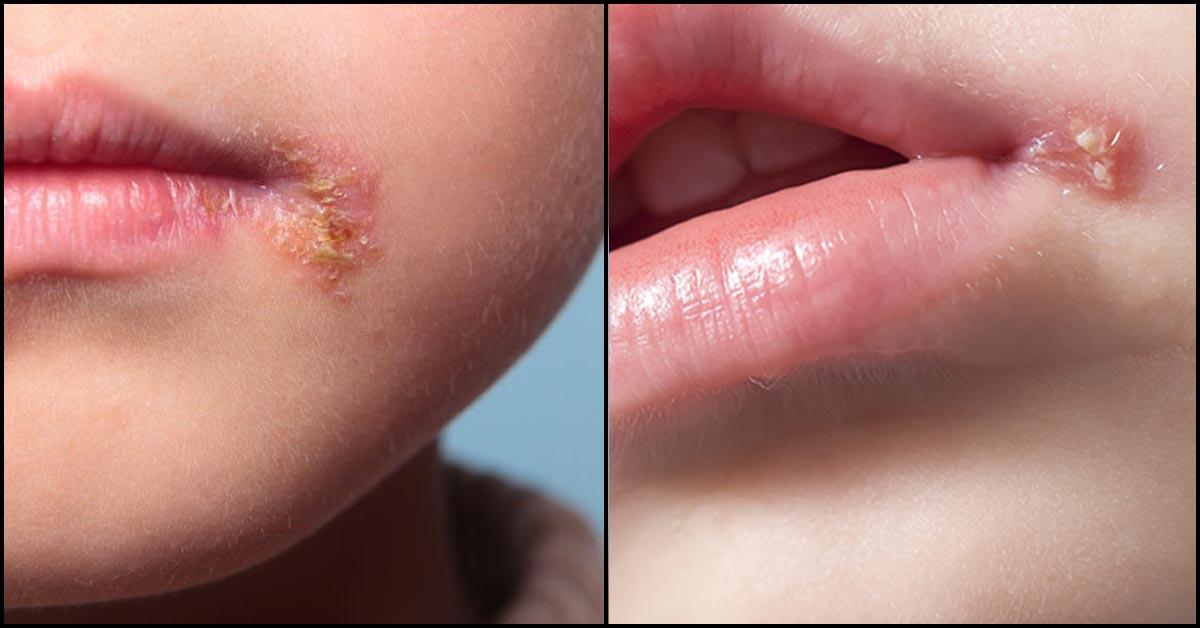

In fact, many people suffering from panic attacks make repeated trips to the doctor or the emergency room in an attempt to get treatment for what they believe is a life-threatening medical problem. Most of the symptoms of a panic attack are physical, and many times these symptoms are so severe that you may think you're having a heart attack.

There are strategies you can use to reduce or eliminate the symptoms of panic, regain your confidence, and take back control of your life. Regardless of the cause, panic attacks are treatable. Or your panic attacks may occur as part of another disorder, such as panic disorder, social phobia, or depression. You may experience one or more panic attacks, yet be otherwise perfectly happy and healthy. Usually, the panic-inducing situation is one in which you feel endangered and unable to escape, triggering the body's fight-or-flight response. Recurrent panic attacks are often triggered by a specific situation, such as crossing a bridge or speaking in public-especially if that situation has caused a panic attack before. They may even occur when you’re relaxed or asleep.Ī panic attack may be a one-time occurrence, although many people experience repeat episodes. Panic attacks often strike out of the blue, without any warning, and sometimes with no clear trigger. Your heart pounds, you can’t breathe, and you may feel like you’re dying or going crazy.

Anxiety Panic Attacks and Panic Disorder Ever experienced a sudden surge of overwhelming anxiety and fear? Explore this guide to panic attacks, including symptoms, treatment, and self-help tips.Ī panic attack is an intense wave of fear characterized by its unexpectedness and debilitating, immobilizing intensity.


 0 kommentar(er)
0 kommentar(er)
